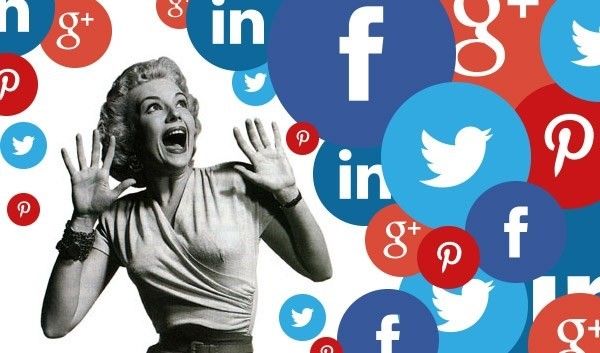I tried fasting during the entire month of July. It wasn’t for a religious practice or to try a recent health craze. This was a fast from social media (except for LinkedIn), to recalibrate and recharge my personal and professional life. Initially, I thought refraining from Twitter, Facebook, Instagram, and Snapchat would just help me to focus on creating different morning and evening routines. And while my fast did help with those routines, it also did much more.
The first couple of days felt strange. I did not consider myself a social media fiend, yet first thing in the morning, as if by muscle memory, I found myself reaching for my phone to see what I had missed overnight. Luckily, I already removed my go-to apps to help remind me of the challenge I had set for myself (and to make it easier to stick to my fast).
After a few days, I decided I needed to replace my morning routine with something else. Sometimes I would wake up earlier and go for a run. Other mornings, I would pack a lunch, meditate, and pray before walking out the door. Some days, I would simply check the weather and read the news, helping me to feel more ready for the day and more informed about the world around me. These easy morning practices started to positively impact my work days and evenings.
I felt more energized and motivated during team meetings and tasks—even without relying on caffeine to give me a boost. I started to lean in more. Tasks and errands I had dreaded were hard to ignore or put off, so I began to face them head-on. I felt more on-task, as the urge to scroll through social media when I was bored, anxious, or overwhelmed slowly faded. Instead of checking my feeds at lunch, I would read the news or curate checklists for the rest of the day or week.
Fasting also led me to recognize how social media influences my identity and sense of self. Even though we call it “social” media, I was checking my apps alone, and constantly viewing highlight reels of other professionals my age didn’t necessarily make me feel more connected to them. Instead, it increased the pressure to compare myself to them, leaving me feeling overwhelmed by their curated accomplishments and dissatisfied with my own. My fast enabled me to be oblivious to the buzz of “likes” and “re-tweets” of others, and to focus more on enjoying my daily experiences and adopting a healthier lifestyle. At the end of the month when my fast was over, I felt proud and renewed.
I highly suggest people of any age and career stage undertake a social media fast (unless, of course, you are already not active on social media). Even if you think you don’t spend much time scrolling or posting, you might benefit from a fast. Personally, I became more mindful of my time, more engaged in my personal and professional life, and more aware of what truly matters to me.
After a month or so of being back on the ‘Gram, I’ve noticed that some of the energy and the practices I gained during the fast have waned. However, I’ve become more mindful of putting my phone down and taking the time to do mini-recalibrations throughout the week. In a society where we value the daily hustle and constant grind, I’ve come to realize it is just as important to prioritize seasons of stillness and reflection.

